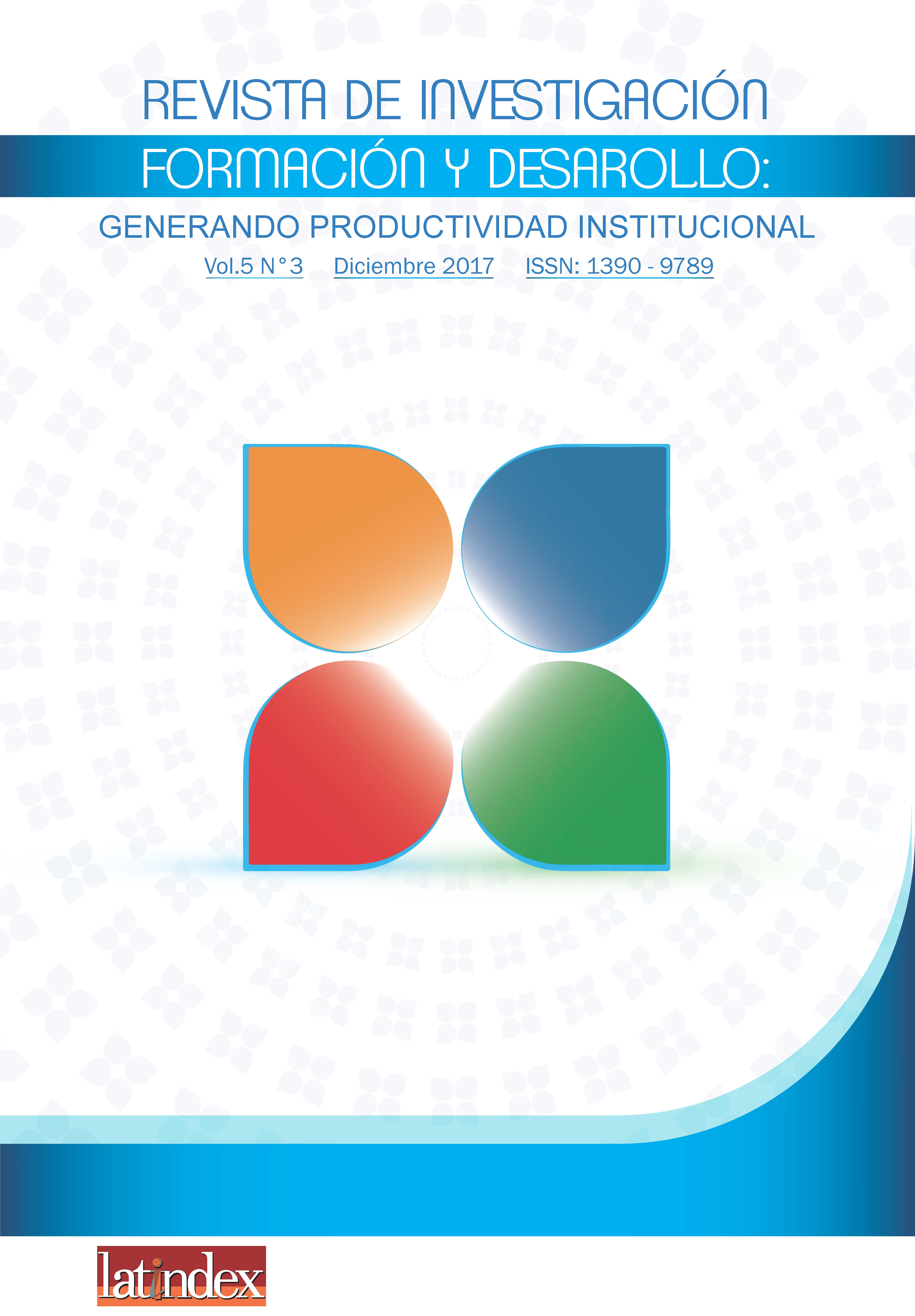ABP with the Use of TIC in The Teaching of Artificial Intelligence
Main Article Content
Abstract
The career of Informatics Engineering aims at the training of professionals, that the students can elaborate computer systems of application for the management and decision making in productive and service organizations, within its disciplines is the one of Artificial Intelligence, which focuses on the study of models and methods of representation and solution of problems using techniques of Artificial Intelligence, complex issues are addressed in its development, which require abstract thinking of the student, which has traditionally generated a lack of student motivation, in this sense, It is necessary the use by the teacher of teaching methods, that favors the protagonist and involvement of the student taking advantage of the benefits of Information Technology and Communications, and the preferences they have for their use. This paper takes into account the possibilities of teaching method based Learning Problems, as well as, other methodological proposals that promote group work and on-line communication between students, using a Moodle 2.0 environment with group work tools and OpenMeetings.
Article Details
Este trabajo tiene licencia DE Atribución/Reconocimiento-NoComercial-CompartirIgual 4.0 Internacional. CC BY-NC-SA 4.0.

